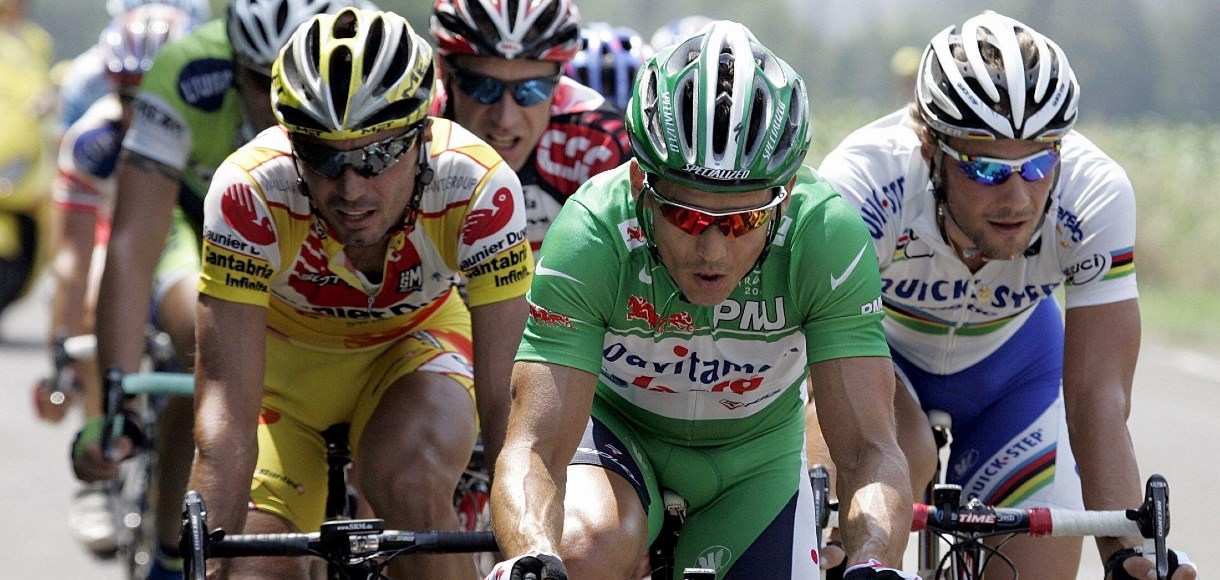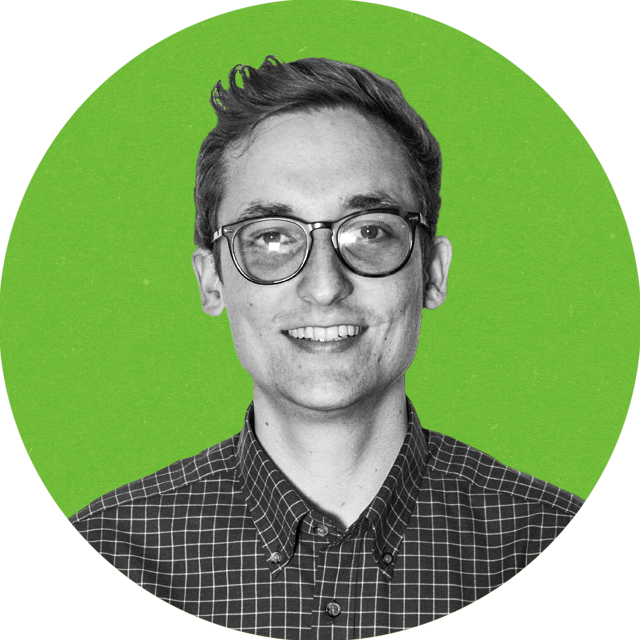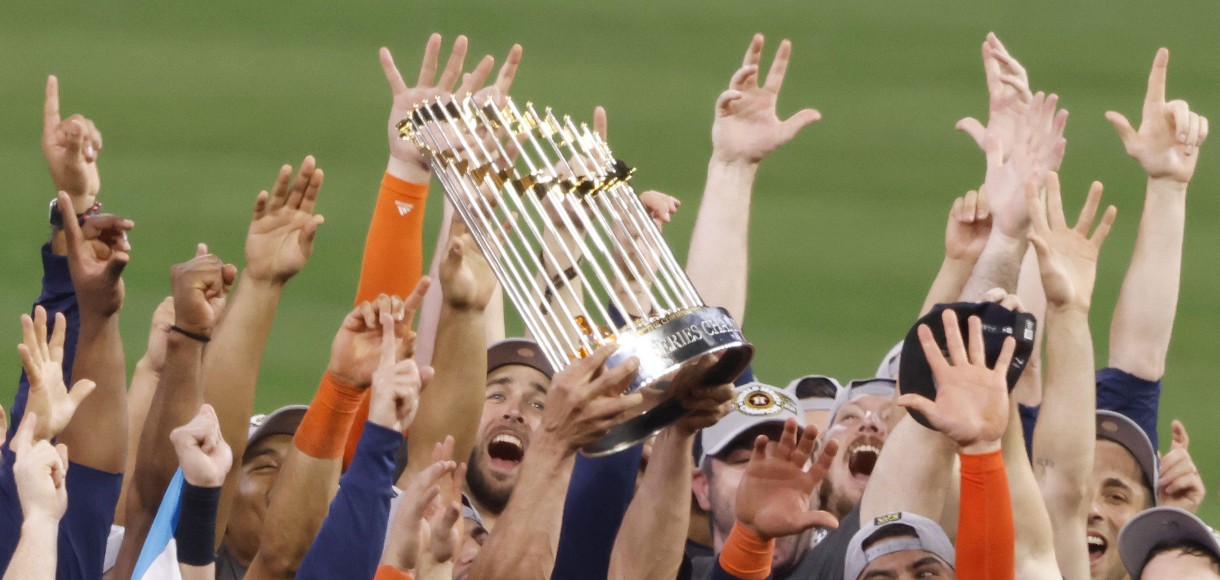Robbie McEwen on the 2022 Tour, doping, and the future of cycling
 Source: Alamy Stock Photo
Source: Alamy Stock Photo
In a wide-ranging interview with the Betway Insider, the three-time green jersey winner discusses the 2022 Tour, picks out some future stars, and reflects on his own career.
Visit the Betway sportsbook for the latest in online betting.
Who has caught your eye so far in the 2022 Tour de France?
Definitely Jonas Vingegaard. And that was the expectation by a lot of people that follow the sport closely. The world was talking more about his teammate, Primoz Roglic, but a lot of insiders, a lot of riders were saying, actually Vingegaard looks stronger. He probably could have ridden away from Roglic if he wanted to, but he's played the team role.
Roglic has, unfortunately for him, a history of falling off in important races. It happened last year in the tour, it's happened to him again, and it's compromised his bid for the GC. But on the upside, at least, he’s recovered enough from it to stay in the race, keep riding. He can be a key ally for Vingegaard to try and unseat Pogacar.
I think it's going to take not just cooperation from teammates, like Vingegaard and Roglic, but it's going to take almost an unspoken cooperation from different teams to take on Pogacar. Strength in numbers is, I think, what a lot of people are hoping can give us some entertainment when it comes to the yellow jersey fight.
What are the pressures of the Tour de France like compared to other races?
It's like in a lot of sports, there's always one event that is the biggest, the most important, the most prestigious, and the one that really requires you to perform at to be recognised as the best in your sport. With that comes the pressure and the expectation and, because it's the biggest one, pretty much everybody's here in their best form. That just it heightens everything.
It's not just the contenders in their best form, they pick a team of riders all in their best form. So, it gets very busy at the front of the race, everybody is trying to basically execute more or less the same plan. Where there might normally be room for eight or 10 riders in a certain situation, you've got 100 capable of being there at that moment.
Looking at your career, you won 12 stages in the Tour. Is there a particular win or moment that stands out for you?
If I really, really had to pick one, it would actually be my last Tour stage win in 2007 from London to Canterbury, when the tour started in the UK. We were 20 kilometres from the finish, and I was involved in a crash, I went down pretty hard. But I got up, got going, had one teammate with me, a couple of kilometres later, more teammates were waiting for me. I was over a minute behind the peloton, and my main rivals had sent their teams to the front to increase the pace and to stop me getting back on. We made it back to the peloton with five kilometres to go, and I was then to the left my own devices. I'd used up all my team to get me back.
I was still quite far back coming into the sprint, but I just never stopped moving forward and had absolutely nothing to lose in the end. I got to the front, hit them in the sprint, opened up a little gap and held all the way to the line. I couldn't believe I'd won, it was like an adventure race. Crashing, getting back up there, fighting my way through the peloton then actually winning, so it was pretty nuts.
You won the final stage in Paris twice during your career. What are the emotions like when you cross the finish line first on the Champs Elysée?
The first time I won, it was just pure excitement. The frustration of already having completed two Tours before that, and this was the last day of my third Tour, to finally win one was just so exciting. I was just yelling and screaming, I was going nuts. When I look back now and see the celebrations I go, 'Oh dear. What a pork chop.' But at the time when you achieve something that really is a dream, I think you're entitled to go a bit silly on it.
Which of your three green jerseys stands out the most to you?
I think for me, the first one stands out the most, being the first one and also because I ended the run of Erik Zabel, who'd won six in a row. Nobody saw anybody beating him. Then I came along in 2002, which by then was my fifth Tour, but the first time I really, really tried to be competitive in the green jersey competition. It came down to the final sprint. Whichever of us crossed the line first was going to win the jersey because there was only two points separating us.
More than the excitement on that occasion was pure relief that it was over. It's such a stressful competition. One little mistake over the three weeks and you can forget it, especially against a guy like Zabel, who was so good at that competition, so consistent. It was just pure relief, I was completely exhausted, not just physically but mentally. It was a real psychological battle throughout the whole thing.
What was your relationship like with Zabel at the time? And how did it feel to finally break that run?
Before that we always said hello to each other, we weren't like pals or anything like that. But there was a mutual respect, and he was very sporting afterwards. You can imagine when you've dominated the competition and nobody expects you to ever lose, and then you do lose, it’s hard.
During the tour, it was like a Cold War. Not speaking to each other, but tracking each other throughout the entire race. We were always close to each other throughout the entire thing, but not actually speaking to each other, it was quite strange. He was my enemy, I was his enemy.
But afterwards, there was a lot of mutual respect, because we both just put absolutely everything into that competition. I was exhausted, he was too. We were both absolutely busted from three weeks of killing each other out on the road.
What was your reaction to his admission that he had doped throughout most of his career?
It didn't surprise me. I mean, there's things that you see, stuff that's been going on over the years, and things that you hear, but you just sort of get on with it. When I heard that, I thought, ‘Well, no wonder he was impossible to beat for six years.’
It's no coincidence that I started winning races at the top level and became one of the most consistent winners after they came out with the more reliable tests for EPO. Those early years I rode in the Tour de France, it was rife in the peloton, and it was just incredibly hard to even finish a race let alone win any. My cycling record, when you look along the timeline, reflects the changes in testing. For me, cycling actually got easier because guys weren't able to do what they had been doing before.
Some then changed to a different regime with a much smaller pool of riders with blood doping, which costs hundreds of thousands of dollars. So, it was a very small pool of cheats then, as opposed to very large pool of cheats.
How do you look back on things knowing that you were denied more success by doping?
I look back on it for what it was, and I try not to be bitter about it because all you're going to do is beat yourself up and make yourself feel bad about it. I guess what makes it easier for me is that I had a level of success afterwards and I won a lot of races. I can sort of put the rest behind me. I don't dwell on it to be honest. I knew it was happening, I'm not naïve. I also know it cost me a whole bunch of races, but at least when it got better, I was able to win a bunch of races.
Where do you think the sport currently is in terms of doping?
I tell you what, over the last over the last 15, 16 years, if anybody was doing something they've been caught, because the testing is that good, it's that accurate.
The thing that's come about now is the biological passport, where they're not relying on actual testing as much now but using statistics, with a biological profile of every athlete. You can't beat the statistics. You have certain levels of hormones, and there are certain impossibilities. When they do consistent blood tests that test absolutely every level that there is, they can see straight away that they're cheating. They don't even need to know what the product is, they can just tell that there's something going on, then they're out for two years.
That has made it so clean that anybody trying to cheat is going get done sooner or later. But there's always someone who's going to try something, there's always someone inventing something, and I guess there's always going to be, like in any walk of life, people prepared to roll the dice.
What did it mean to you to be the first Australian to win the green jersey?
It was a huge honour to win it, and it wasn't lost on me the importance of winning a jersey at the Tour de France. Phil Anderson won the young rider classification back in the day and finished fifth overall. So, being the first one to win the green jersey was a massive moment, and I was really proud as an Australian, from our far-flung country with quite a small history of winning at the Tour de France. It was really a proud moment to win that for Australia, as well as for myself and my team.
Where do you think Aussie cycling stands at the moment? How positive are you looking ahead?
We're really one of the powers of world cycling. Just recently, Jai Hindley won the Giro d'Italia. We had Cadel win the Tour de France in 2011, and he'd been the benchmark for a long time for our GC riders, then you had Jai coming second at the Giro a couple of years ago, Richie Porte coming third at the Tour de France, but have been waiting to see who's going to be our next one to win a Grand Tour, and then Jai won the Giro. It was just incredible. When I commentated on it, I followed him really closely and I was in contact with Jai, just trying to really support him. That was just awesome.
Australia really is one of the one of the powers of world cycling. We've got guys winning climbing stages, breakaways, sprints with Caleb Ewan and other sorts of stages with Michael Matthews, who's also won the green jersey. We've got a really good pool of world-class riders.
What are your thoughts on Peter Sagan, his career, and his list of achievements?
He's been just absolutely incredible, performance-wise throughout his career, having already won seven green jerseys and more than 130 international, world-level races. But not just looking at everything he's won, he's also been incredible for the publicity of the sport. For years, people were watching cycling because of Peter Sagan. He's just such an entertainer on the bike, his aggressive racing style, his go-forward attitude is just so spectacular.
As happens in elite sport and happens to everybody, he's past his best, but he's still going to have moments of brilliance. Last year he won a stage in the Giro d'Italia and this year he recently won a stage in the Tour de Suisse. And he's been competitive in this Tour de France. He’s not been able to win a stage yet, but it also isn’t over yet.
He’s brought with him a whole new fan base to cycling, brought it to the mainstream, brought it to the young crowd, the people who want to see stuff that's spectacular.
Do you think his seven green jerseys will ever be beaten?
People didn't think six green jerseys would ever be beaten, and then Peter came along and has won seven. He's not done yet, but I don't think he's going to win an eighth. Never say never, but it looks like now, Wout van Aert may start dominating the Tour as far as the green jersey goes.
If he can go to the Tour with this sort of form eight years in a row, then he could be the man to win eight. It's never simple. It's never a given. That record of seven could stand for another 100 years.
Is Wout van Aert the man to step into Sagan's shoes, not only in terms of results but as a sporting star?
Absolutely. You look at him, a Red Bull athlete – they normally only get into sports or athletes that can create that hype, and when he's riding, he creates that hype.
Wout's not doing what Sagan was doing before, the wheelies, the videos of him doing tricks and stuff like that, but his riding speaks for itself, and everybody loves to watch him. He's just so ridiculously good. So many people look up to him.
For a while, we said, 'Where's the next Sagan going come from?' because it's been so good for the sport. Well, this is the man, Wout van Aert. In a different way, in his own way, but in a way of attracting people to the sport. This is the guy.
How do you think you would have matched up to Sagan and other recent sprint stars like Mark Cavendish?
I would have beaten them all, of course. No, that's the thing, it's really hard to compare generations. That's the dream of a lot of people, to be able to see the very best, all racing each other at their best.
If you put us all together at our best, we might have all become undone and everybody would have crashed and someone else would've won! There's not room for that many good blokes at the front.
On equal technology, we all would have measured up. When you look at the champions, the people who have won the most, and you put them together, they would be very, very evenly matched.
What do you think of the decision to leave Cavendish out of the Tour this year?
It's sad for Mark, but I understand it from the team's point of view, and what they have been aiming at for the last year.
Last year, it was sort of serendipitous. Mark got to step in at the last moment through an injury to Sam Bennett, and he had an incredible tour. It was like, 'Wow, here he is again.' But knowing that they were grooming Fabio Jakobsen for greatness, and for the next Tour, it was to be expected that there was going to be a very tough decision to be made.
When you put them side-by-side, just purely on performance, you'd go with Jakobsen. But of course, they're missing out on a big opportunity to take Mark and break the all-time stage winning record of Eddy Merckx.
I was actually thinking about the chances of a midseason transfer to another team. I mean, how good would it have been if there was the possibility to have him ride the Tour with another team? It would have been a massive coup for another team to be able to sign him, and he would have got to have a crack at that stage record.
Is there anyone else coming through that you've got your eye on?
As far as the sprinters go, the next one coming through looks to be a young Belgian called Arnaud De Lie. He's on the same team as Caleb Ewan. Caleb might already, very early in his career compared to Cav, find himself in a position where he's battling to be the top dog in his own team, because Arnaud De Lie has been slaying them this season, and he's only going to get better.
He hasn't been put up against the best of the best in the biggest races yet, but he's only 20 years old or something. I think he's the next big thing, and so do a lot of others.




































